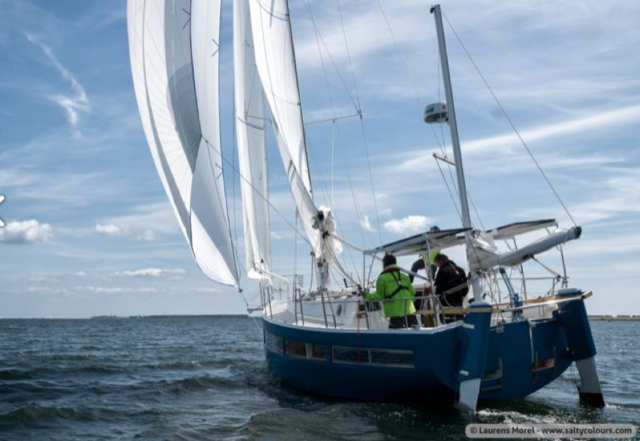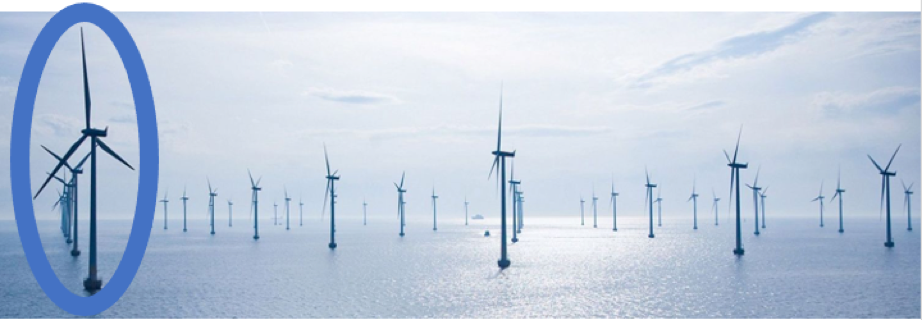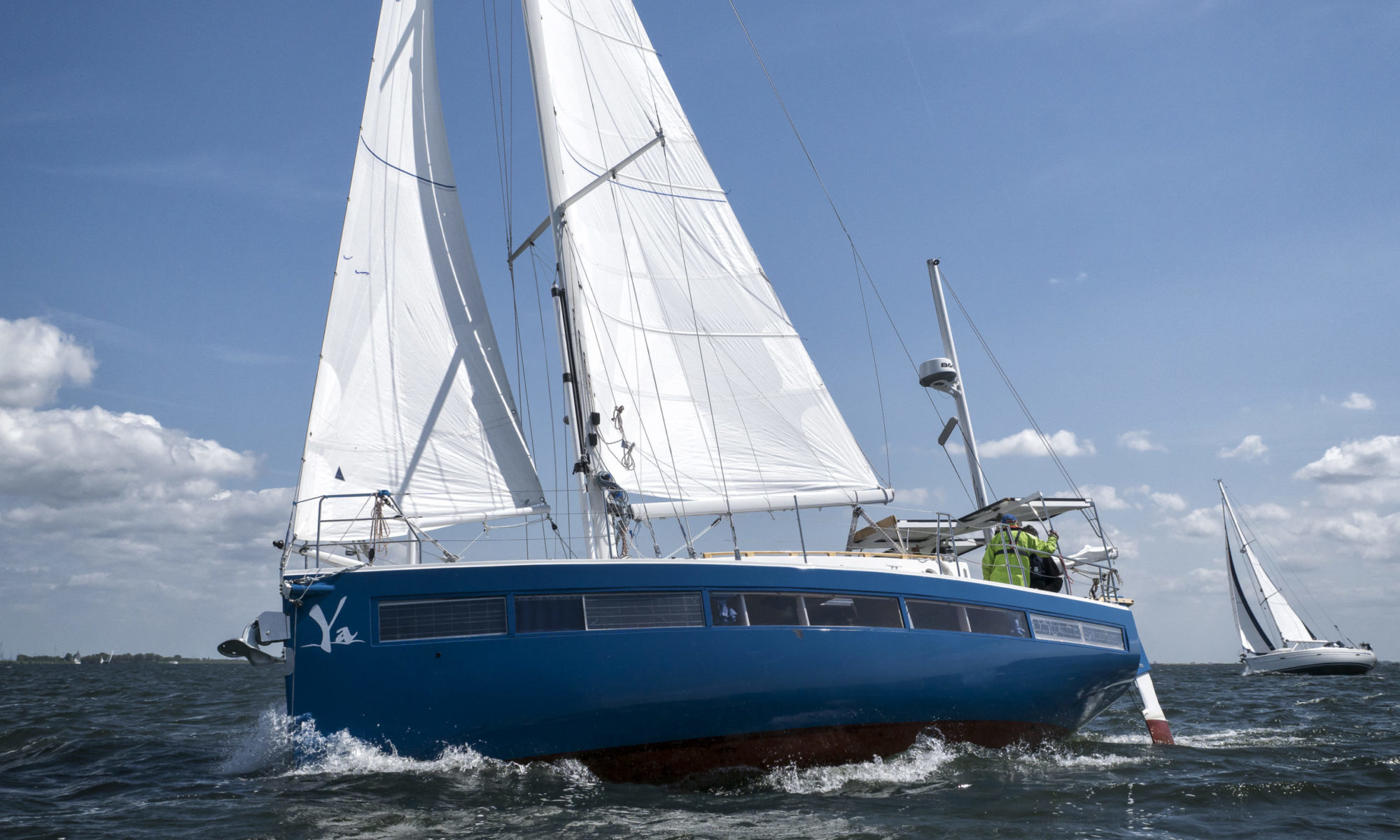We live and sail a rather comfortable and luxury life. But we live fossil free. But? No; it is And, not But. We only take care for three things and we advise you to put them into practice.
Three ways to achieve a fossil free life
First: Use only what you need. That makes sense, doesn’t it? Second: Use only what you need. Starts to sound familiar?

Now guess what the third thing would be? Exactly. Use only what you need. You can stop reading now and bring it in practice. Because from here we only give examples on how we live fossil free, having adapted these three rules, or this attitude. Or you can read more if you want to have a glance.
At a glance
Here under a glance of what we will show you in the next series of articles:
- Cooking. In the galley we cook with 20 to 30% of the energy compared to the fossil way of cooking. So, we save 70-80%. And we still enjoy la belle cuisine.
- Transport. When sailing our sailing yacht ‘Ya’ we save about 80% of the energy compared to other sailing yachts. (and about 99% compared to a motor yacht).
- Heating. When in a mild winter, like here on the Guadiana when it occasionally gets below freezing temperature, the yacht does not need a heater or stove.
- DIY Energy generation. Because we use so little energy, we provide for it by ourselves (solar, wind, hydro).
The benefits of using only what you need
First: we want to halt the deterioration of the Earth where next generations will live on. That is our main reason.
Using only what you need, brings other benefits. The fossil free life brings more comfort, with less noise, moist, fumes (toxic or not) and hazardous risks. And, autarkic life on energy gives us the freedom to stay at the most beautiful off-grid spots without polluting them.
You keep money in your pocket, because you spend less on (fossil) energy. It saves lots of tax money too. Tax money is now going to subsidizing fossil fuels, wind turbine parks and solar fields. If you don’t need to build those, you can spend it on other preventive measures.
All this motivates you to check the energy meter, to get energy awareness. We find this fun to do and we notice our guests find it fun as well. It feels better in the ethical way, especially towards your next generations. Realize, more and more children now are not primarily interested in inheriting money, but in having a good life on ‘Planet A’ (because there is no ‘Planet B’).

Three constraints in using only what you need
To start with the first constraint: man is a creature of habit. It is your attitude not to change things. So, you have to be convinced yourself. You must want to change your lifestyle in the best way you see fit, and preferably: like it. And last but not least, you must turn this new way of life into a habit.
Second constraint: consuming less means that you are a less interesting customer for many things. The voices telling you to consume more are presently much louder than the voices telling you to consume less, or differently. This means: don’t count on the market to tell you what to do, count on your own common sense. You have to listen carefully to your inner voice and buy, take and use only what you need.
Finally, thinking the government will help us out is a constraint. Using only what you need is a preventive action, and governments are usually not really good at prevention. When there is a problem, they tend to build things, preferably big things. They take the current energy consumption, although ex-treme-ly high now, as a given fact. They call it ‘Energy Demand’ and try to replace all fossil fuel use by generating an equal amount of fossil free energy. Mainly by subsidizing huge wind turbines, enormous solar fields, and then some more, on an ever larger scale. Although these things cost an awful lot of (tax) money, they seem worth it because you can see it in the paper, on TV.
Also, the media are less interested because you cannot see prevention of an issue. Prevention solves issues inherently, and that looks almost boring. Did you ever see a TV show or paper telling about a problem that has not existed? A fire that did not occur?
Only when every solution failed and the crisis is really deep, governments will finally take preventive action and the media will report on it.

Let’s try to prevent that. Next week we tell how we use only the energy we need for cooking.
You might also like:
